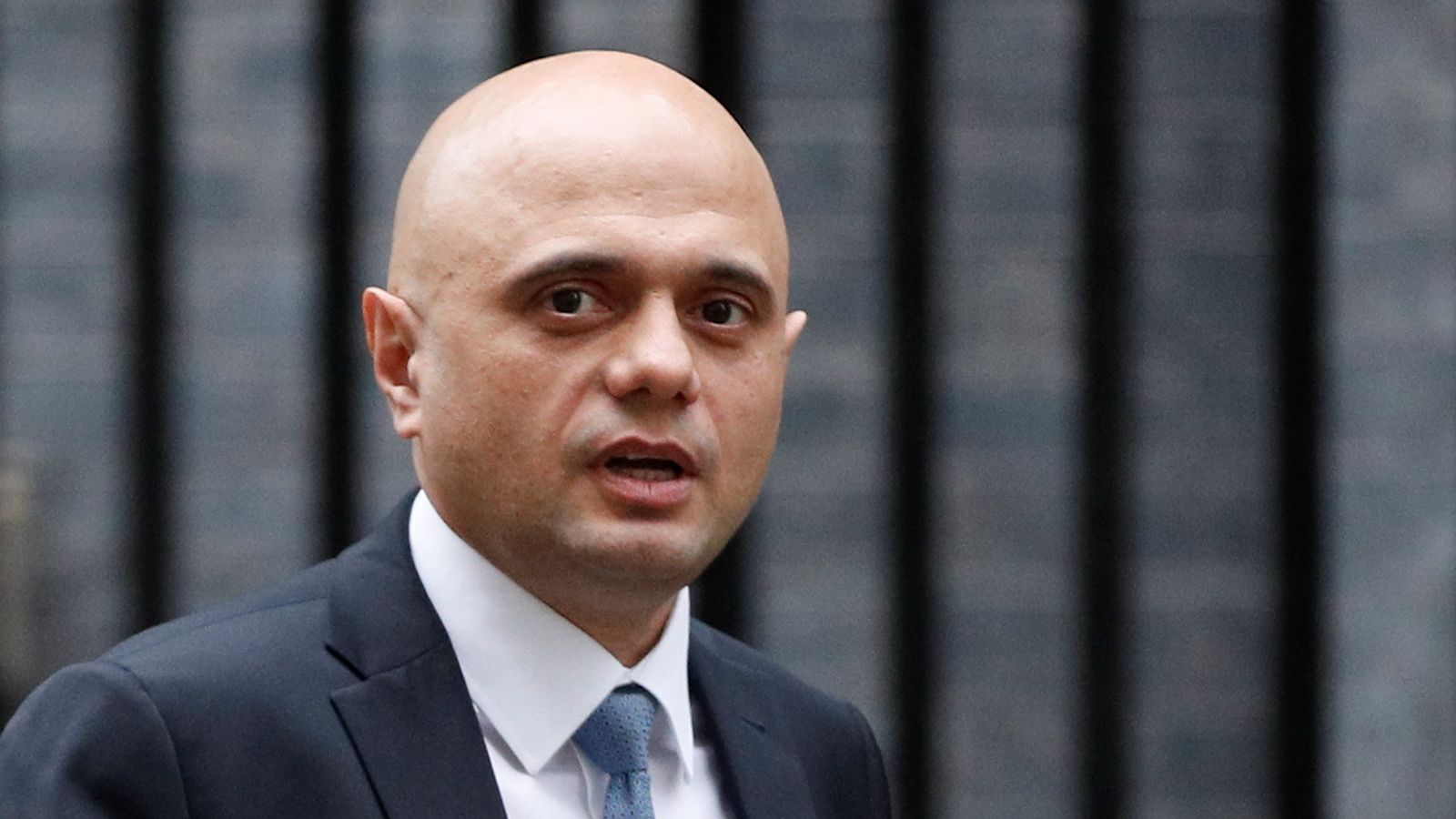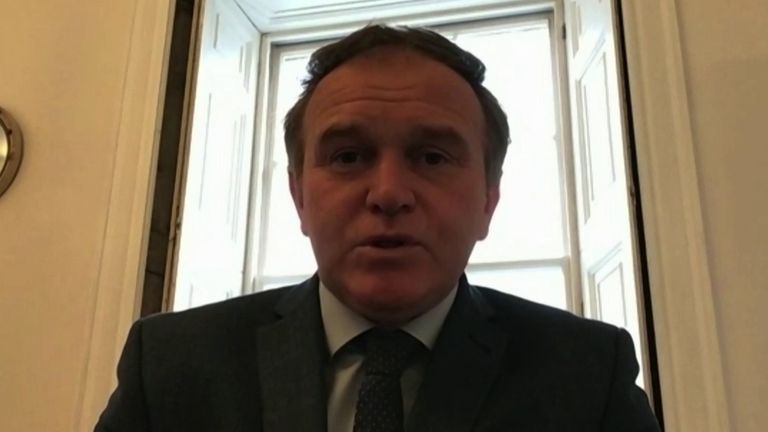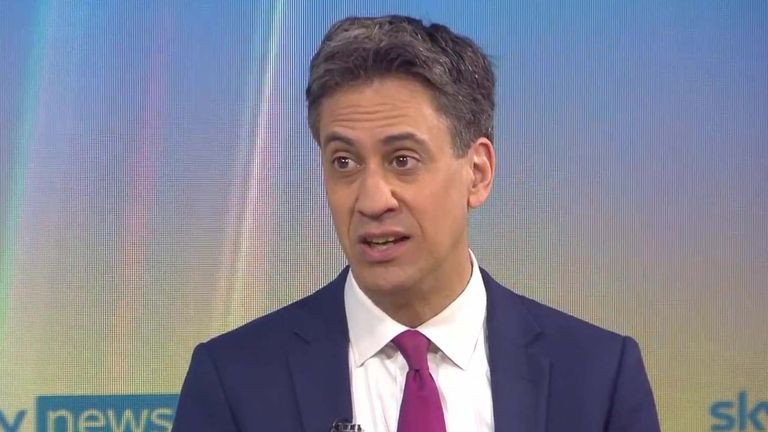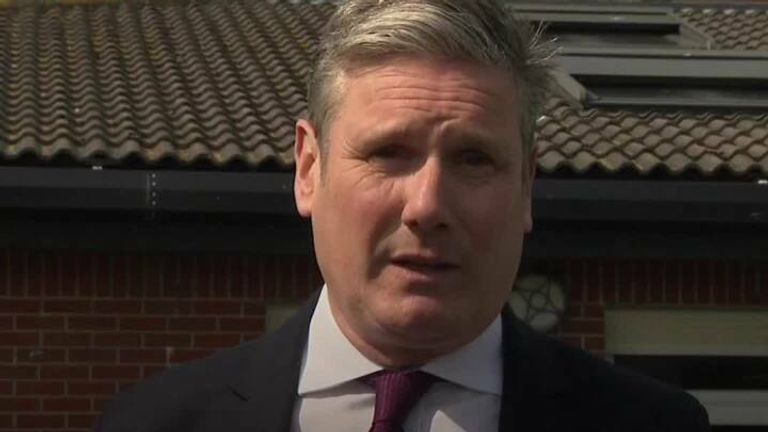Sajid Javid: ‘Question marks’ over health secretary’s claim to non-dom status, tax experts say
There are “question marks” around the validity of Sajid Javid’s claim to “non-dom” status, according to tax experts.
The health secretary previously told The Sunday Times he had held non-domiciled status for six years between 2000 and 2006, which would mean not having to pay UK taxes on his overseas earnings.
He said he was entitled to this because his father was born in Pakistan and said he gave up that status in 2009, before he was elected to parliament.
But this is only one of several tests an individual needs to pass to claim the tax benefit.
People with non-dom status are those who live in the UK and are tax residents here but have their permanent home outside the country.
Usually their domicile will be the country that their father considered their permanent home when they were born, and to which they intend to eventually return.
They must demonstrate to HM Revenue and Customs (HMRC) that their domicile is in another country.
Tax experts said that for Mr Javid’s claim be valid his father would have had to have been domiciled in Pakistan at the time the health secretary was born.
Ray McCann, a tax consultant and former HMRC inspector, told Sky News it was typically only those who are very wealthy who become aware that they can claim non-dom status to save on tax.
He said he would have been “astonished” if Mr Javid’s father had claimed it given how much has been said about his modest background.
He said it is hard to know the circumstances without the health secretary sharing the information but there were some areas that are “not free from doubt”.
“There are some question marks,” he said.
Dan Neidle, former head of tax at Clifford Chance, the law firm, also said he found it “surprising” that Mr Javid’s father would have had non-dom status when he was born.
“For most immigrants in this country, there’s a point where it becomes clear they’re not going back, and at that point they acquire a domicile of choice which is the UK,” he told Sky News.
He said it does not seem “particularly credible” that Mr Sajid was able to assert that his long-term future was not in the UK given that he spent most of his life in the country.
“It looks like quite a surprising and racy position,” he said, adding that “we can’t be sure without seeing the facts”.
Nimesh Shah, chief executive at Blick Rothenberg, an accountancy firm, also questioned whether Mr Javid had sufficient personal links to another country to justify the claim.
“This is where my scepticism comes in: Sajid Javid has lived in the UK pretty much all his life,” he said.
In 2006, Mr Javid moved to Singapore and was therefore no longer a tax resident, which changed when he returned in 2009, saying he “proactively chose” to give up his non-dom status.
Mr Shah pointed out that in 2009 the government introduced a fee of £30,000 for those claiming non-dom tax status, which had previously been free.
“It seems overly coincidental that he decided to declare himself as now UK domiciled in the same year, or around the same time that the government introduced this flat charge,” he said, adding that there seemed to be a “little chink” in how Mr Javid was framing the decision.
Mr McCann said that, from his perspective as a former HMRC inspector, Mr Sajid’s case appeared to be “borderline” by today’s standards, but at the time there was less scrutiny of such claims.
He thinks that the health secretary could have used his time spent in Singapore and travelling in the US as an investment banker to express “uncertainty” about where he would spend the rest of his life, and that could have been sufficient.
Mr Javid declined to comment.
For all the latest business News Click Here




